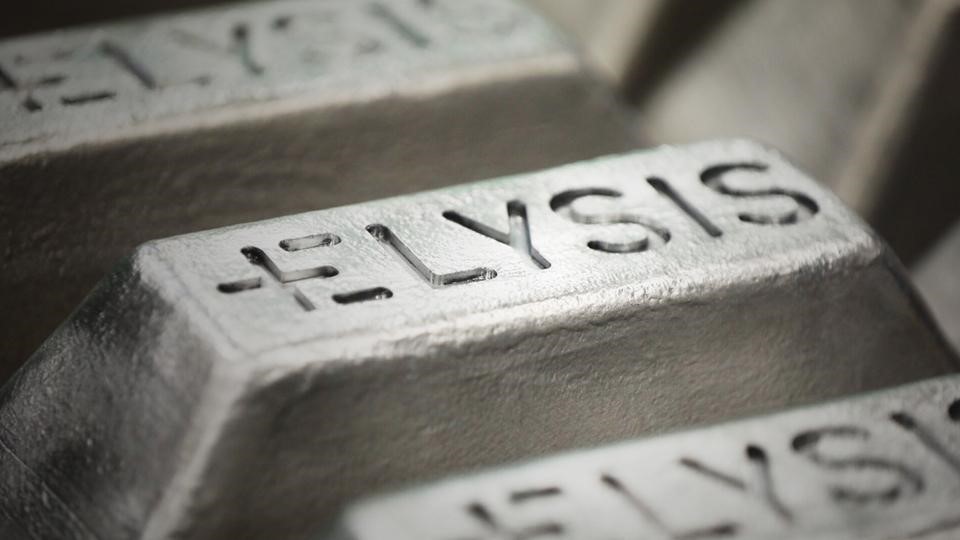

On 20th April 2021, ELYSIS made public that it has selected the Rio Tinto’s Alma smelter in Saguenay-Lac-Saint-Jean, Quebec, for the foremost installation and demonstration of its inert anode technology at a commercial size of 450 kiloamperes (kA), which is a common capacity for modern, full-scale smelters.

An Alcoa and Rio Tinto joint venture company, ELYSIS is working to commercialize a new technology to make aluminium that eliminates all direct greenhouse gases (GHGs) from the traditional smelting process and instead produces oxygen.
As part of its technology development and scale-up, ELYSIS will install industrial inert anode prototype cells at the end of an existing potline at the Alma smelter to demonstrate the technology’s effectiveness at a commercial scale in an industrial operating environment. This will build on ongoing work at the nearby ELYSIS Industrial Research and Development Centre, also located in the Saguenay region of Quebec.
Vincent Christ, Chief Executive Officer, ELYSIS, said: “Our team is thrilled to be taking a significant step forward in the development of technology that will position ELYSIS as a leader of tomorrow’s aluminium industry technology. We would like to thank our provincial government for their support of our breakthrough technology. We look forward to using the new 450 kA inert anode cells to demonstrate to the industry that decarbonizing aluminium production while improving its competitiveness is not just a mere dream.”
In 2021, ELYSIS plans to commercialise its breakthrough technology for usage in retrofitting existing smelters and installation in new facilities.
Samir Cairae, Rio Tinto Aluminium Managing Director Atlantic Operations, said: “The road ahead is seeing the technology scaled up at our facilities in Québec, where we already use clean hydropower to deliver some of the world’s lowest carbon aluminium. Putting this hydropower together with the ELYSIS technology can take aluminium to the next level as a sustainable material, and help cut the carbon footprint of everything from cars to smartphones, buildings and food and beverage packaging.”
A CAD 20 million investment from the Government of Quebec will be supported for 450 kA cells at Alma smelter to help bring forward the start of work at the site and to further strengthen the capability of manufacturing businesses in the region to deliver specialized equipment required for the ELYSISTM technology.
The technology at a glance:
ELYSIS pursues to work closely with Alcoa's Technical Centre, where the zero-carbon smelting technology was invented, and the Rio Tinto technology design team in France.
Alcoa's Technical Centre supports ELYSIS in the manufacture of proprietary materials for the new anodes and cathodes that are essential to the ELYSISTM process. The Rio Tinto technology team in France is creating commercial-scale designs for the ELYSISTM technology.
Ben Kahrs, Alcoa Executive Vice President and Chief Technology Officer, said: “Innovation is a key enabler to help the global aluminium industry further decarbonizes, and we are proud to see the technology that Alcoa first developed advance further with a potential retrofit solution. The ELYSIS technology offers the opportunity to improve the competitiveness of existing smelters, not only eliminating all greenhouse gas emissions but also boosting productivity and improving costs.”
Responses








